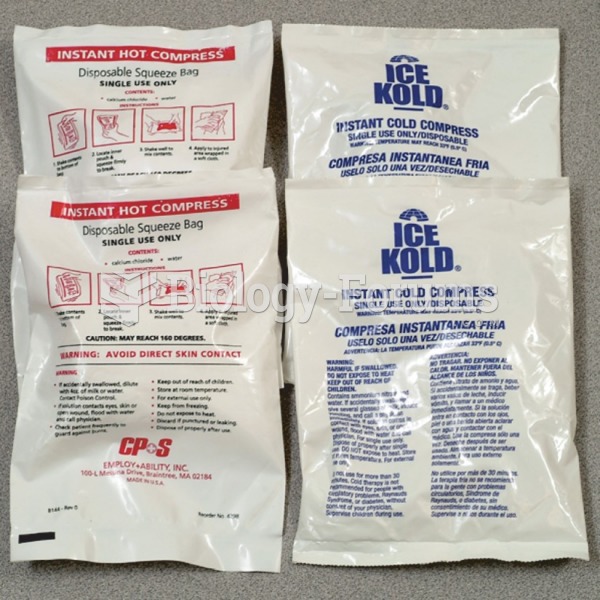Answer to Question 1
Answer: Weathering is the physical or chemical process of breaking rocks into pieces ranging in size from boulders to pebbles, sand grains, and silt, down to microscopic clay particles and dissolved solids. It is the first step in the formation of soil. Without weathering, the force of gravity and the agents of water, wind, and ice would not be able to move rocks to shape the land. Rocks begin to break down the moment they are exposed to the weather at Earth's surface. We can distinguish between chemical and mechanical weathering.
Chemical weathering occurs when rocks are broken down as a result of a change in the minerals that compose rocks when they are exposed to air and water. Acids released by decaying vegetation also chemically weather rocks. Some of the dissolved products of chemical weathering are carried away by water seeping through soil and rocks. Oxidation, when iron combines with oxygen in the air to form iron oxide, or rust, is one example of chemical weathering.
Mechanical weathering occurs when rocks are also broken down by physical force. When rocks expand and contract with frequent changes in temperature, it causes them to break apart. Water seeps into cracks and freezes into ice crystals when the temperature turns colder. The water, which expands about 9 percent when frozen, widens cracks in rocks. Plant roots growing in cracks between rocks also contribute to mechanical weathering.
Answer to Question 2
Answer: Weathering is the physical or mechanical breakdown of rocks. Once the rocks is weathered, or broken down into smaller pieces, the materials may be carried from one place to another. Gravity is the most common way materials moves downhill. We can differentiate two ways in which it happens; either by mass movement or by surface erosion.
In mass movement, rocks roll, slide, or freefall downhill under the steady pull of gravity. In surface erosion, water, ice or wind carries solid rock particles with it downhill under the force of gravity. Material moves faster down steeper hills than down gentler ones. Wherever slopes occur, gravity is available to move material. Even the gentlest slope provides the potential energy necessary to move at least some material downward. Erosion is usually much more rapid, however, on steep slopes of land than on gentle slopes.







